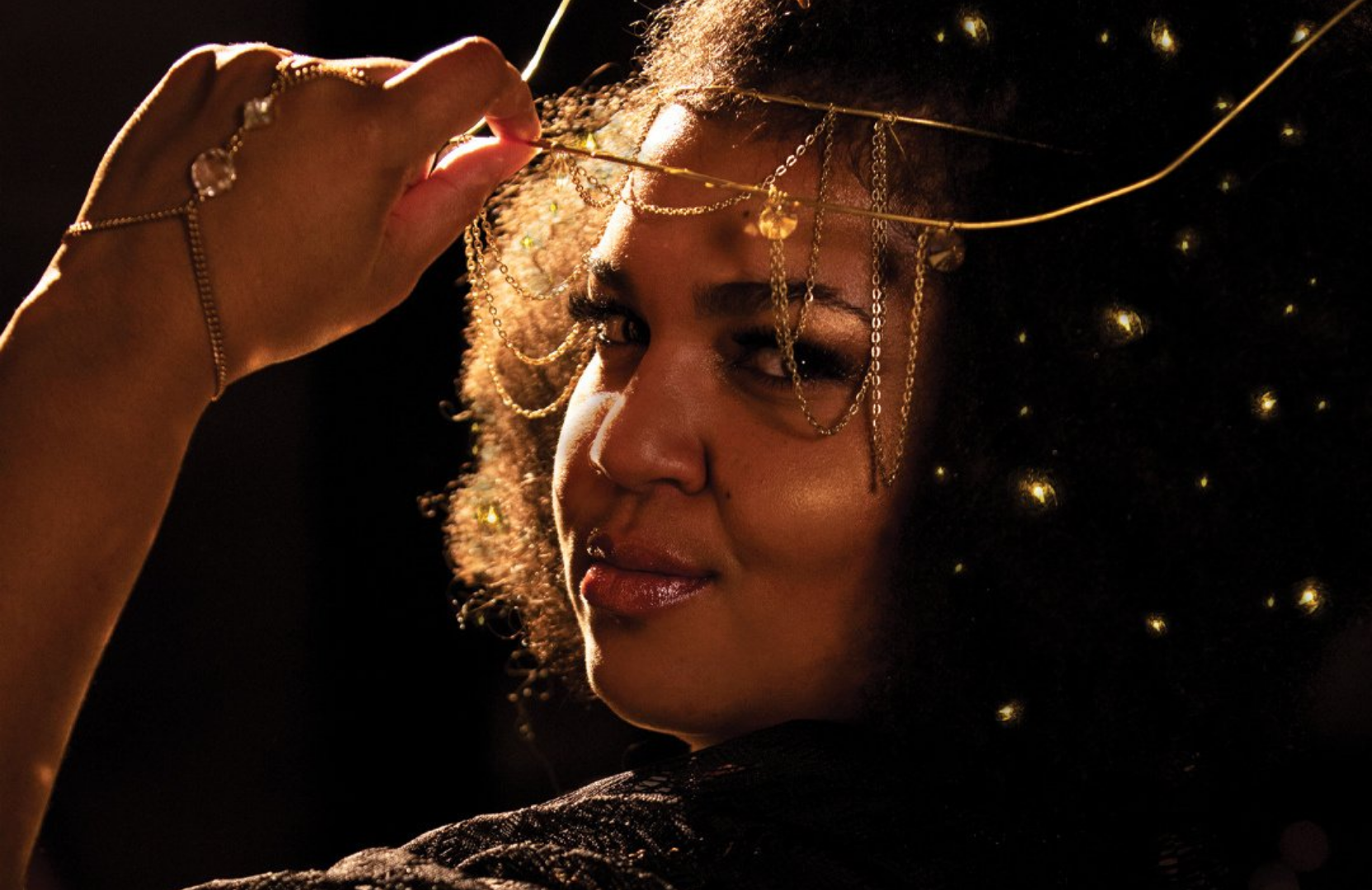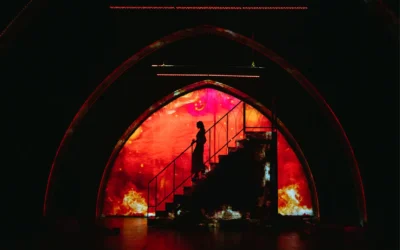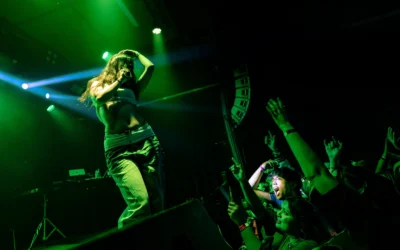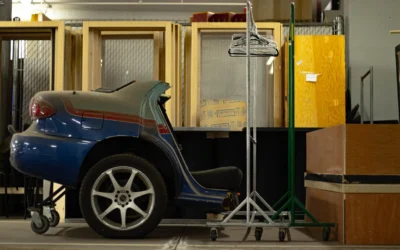D’orjay The Singing Shaman is a woman of many talents. She is a practicing shaman who heals individuals from past trauma, obstacles, and challenges, and she is a musician who sings music reminiscent of the classic country she grew up listening to in rural Alberta.
But D’orjay didn’t always know she wanted to be a musician. When she was completing her shamanic training in Chile, her class did an exercise about closing the back doors in their lives, which are “all the ways we maybe compromise who we are (and) the things that we truly desire,” she explains. D’orjay realized in that moment that she had to work through the experiences she had growing up that made her feel unworthy, and start doing something that
she loved. She wanted to sing, “and not just karaoke.” She wanted to sing and write music on a professional level.
But as a Black woman coming to the industry in her mid-thirties, D’orjay was met with resistance. “A lot of times when I was sharing with people that I wanted to do music, there was always an assumption that I would be doing soul music or R&B. No one was ever like, ‘Oh, you’re going to do country,’’’ she notes. “That was its own battle in itself for me to feel like it was OK for me to say that I wanted to do country music.”
That battle continues today, even after the successful release of her debut album, New Kind of Outlaw, which earned her a nomination for Country Artist of the Year in the 2021 Western Canadian Music Awards. “I don’t look like I sing country; I don’t necessarily sound like I sing country music,” she says, and she frequently has to justify herself, even to people in the industry.
“If I was a white guy standing there singing the exact same songs next to the same instrumentalists, you wouldn’t have asked (me if I should be singing country) at all,” says D’orjay.
The gatekeepers of country music still don’t consider D’orjay’s music to be country, especially mainstream country radio, but D’orjay isn’t here to conform. She’s here to speak the truths that have been denied in country music and explore her personal healing journey. In her song, “New Kind of Outlaw,” D’orjay sings: “I’m this new kind of outlaw/ So my voice ain’t sugar and sweet/ If I have to be, then I will be an outlaw/ I ain’t writin’ ‘bout drinkin’ beer down by the river/ My new old truck, partyin.’” She tops the chorus off with a powerful line: “I love country music, will country music lovе me?”
“I think the extra salt in the wound over and over about all of this to be honest is (that) black people created country music,” says D’orjay. “So it’s like that history has been so conveniently erased from most peoples’ purview, so it has been pretty challenging.”
D’orjay notes that the pandemic and the barrage of racism in 2020 propelled her into the spotlight, simply because country music professionals started Googling Black country artists.
“I’m super grateful, but … part of why I’m here is not on my own merit. It’s not that I don’t think I belong here, but it has come on the tail end of the cold blooded murder of Black people and it’s a very nuanced thing to hold within me, trying to do them justice however I can.”
D’orjay is working toward this justice by organizing a group that will create experiences for 2SLGBTQ+ and BIPOC individuals to explore country music. Creating a legacy not only for herself but for the marginalized people who came before her is no easy task, but it is one she is not willing to shy away from.
Currently, D’orjay is writing a new single that will be available in January 2022. In the meantime, check out her fantastic debut album, New Kind of Outlaw.





0 Comments